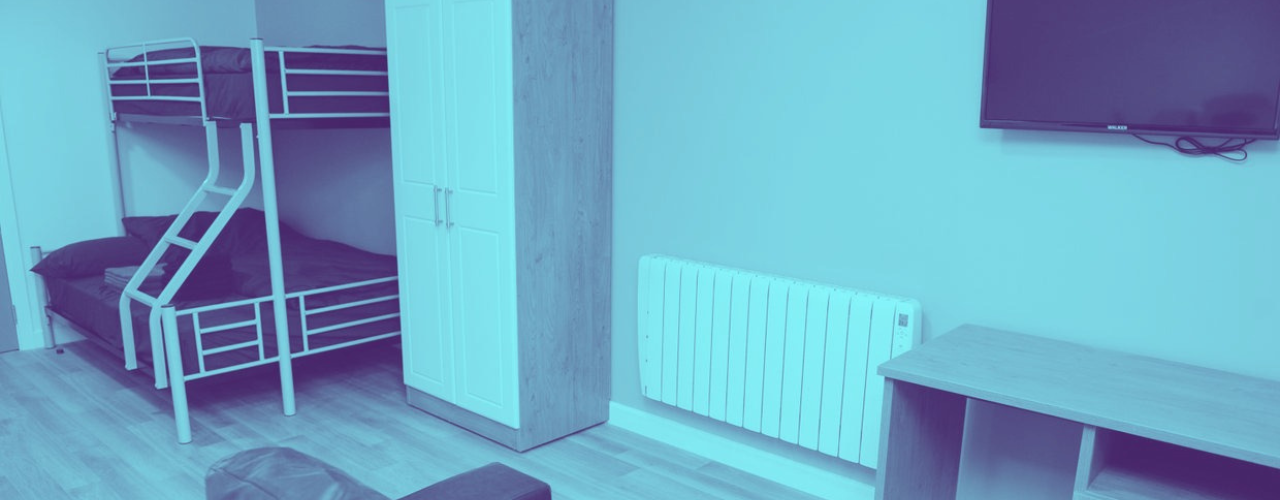
When a Government Department announces reaching of a particular target with great fanfare, it is wise to think about which target is not in the limelight. Recently, we had the news that almost 30,000 new homes have been delivered and that Housing for All targets have been exceeded. This is being framed in Departmental reports as “the largest annual delivery of new homes in over a decade.” But is not unmitigated good news and the targets exceeded are the wrong ones.
During 2022, the target for social rented homes was revised downwards from 9,000 homes to 8,000. Even with this preparation for a failure to deliver this vitally important mode of housing, the Department of Housing only managed to provide 6,500 units.
There are – still – more than 11,000 people homeless. Homelessness figures have been record-breaking, (you might say exceeding their targets) for six months in a row. But the Government’s targets for social housing have not even been met, never mind exceeded. This fact has been further compounded by the Department of Housing’s reported underspend of €340 million in its housing budget for last year, which raises further questions about the Department’s capacity and determination to lessen the severity of this crisis.
While, at the moment, building almost any housing seems better than building none, most of the homes which have been included in this 30,000 figure are by their nature exclusive. They are available for purchase by people who can afford them.
Individuals and families who are in emergency homeless accommodation obviously are not in a position to buy a house. People at risk of homelessness e.g. tenants on HAP in the private rental sector, are also not going to miraculously find the means to buy one of the new properties for sale.
So these are mostly homes for people who are in the (relatively) privileged position of having a deposit, a secure income and access to a mortgage. Nobody who is apprised of the current situation in Ireland would begrudge these people the chance to own their own home. But should the Government’s priority not be ensuring that everyone has a roof over their head, first?
In the Jesuit Centre for Faith and Justice our concern has always been primarily with the people who are marginalised and excluded from society because of poverty, including people who are homeless. We believe that social and affordable housing, including cost rental homes, should not be an added extra in any national housing plan, to be attended after the real business is done. They should form the foundation of our housing system, and as such, should be put in place before anything else is built, or at least should receive the same priority as for-profit homes.
But the new social homes are not automatically for either homeless or ‘at-risk’ tenants in precarious accommodation either. The perceived risk of people presenting as homeless to jump the housing list means that the allocation of new homes does not begin with the most severe cases, e.g. people living in family hubs with their children, and housing list applications are removed from the list when given HAP, as they are considered ‘housed’.
Social housing should also be made available to private tenants on HAP supplements, to free up private rental accommodation for non-social tenants. It should be given to people who are currently homeless as it stretches credulity to think many people would voluntarily go into emergency accommodation to get a house. This attitude – that people are ‘gaming the system’ belies the grim reality of the current situation.
The Government’s Q4 Homelessness Report 2022 showed that at the end of last year, there were 218 families in emergency homeless accommodation waiting for a home from more than two years. At the severe end of persistent homelessness, 10 households have been reported as being in hostels for over a decade.
Every person in this country should have a place to call home. A roof over their head. It is not a mawkish ideal to state this, or to be horrified that this is not the number one priority in our national housing plan right now.

